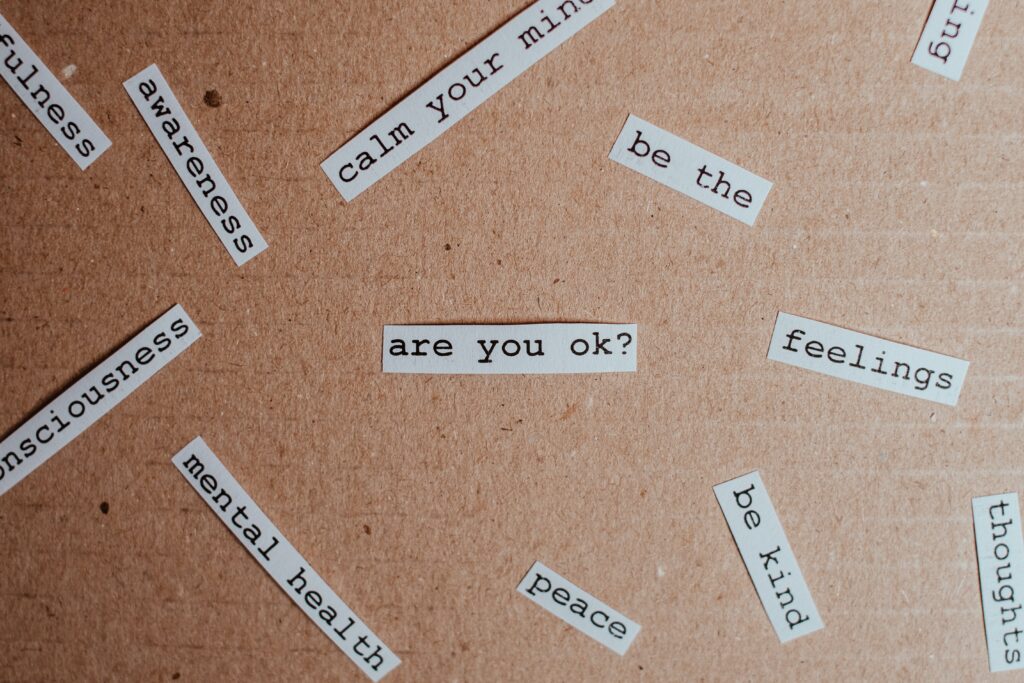Have you ever reflected on a situation and thought that maybe you weren’t overreacting at all… or you start to question if things really did happen or not?
If you’ve experienced this, then you’ve been gaslighting yourself. That’s right, you can gaslight yourself without realizing it.
Gaslighting is a form of manipulation that aims to make another person doubt their own perception of reality. It’s a subtle and discreet tactic that people use to gain control over others.
And what about SELF-GASLIGHTING? When you gaslight yourself, you doubt your own thoughts, feelings, and perceptions. This includes manipulating yourself into believing that you are always at fault, mistaken, or crazy. Self-gaslighting makes it hard to trust your own judgment and harms your well-being.
So… WHY would you gaslight yourself?
Well, most of the time people who gaslight themselves aren’t aware of it and it can be difficult to recognize. There are many possible reasons, and one reason is because they were a victim of gaslighting. Gaslighters use denial, misdirection, criticism, name-calling and manipulation repeatedly to make their victims lose their sense of self and question their own reality.
Let’s discover three signs of self-gaslighting and how to overcome it.

How to Recognize Self-Gaslighting? — 3 Signs
1. You make excuses for bad behavior
Always rationalizing and making excuses for someone’s hurtful or abusive actions is one sign of self-gaslighting. This only justifies and enables toxic behaviors.
- You may believe that their behavior is your fault
- You think they have a good reason for treating you poorly
- You might say that the person is “having a bad day”
2. You invalidate and dismiss your emotions
Telling yourself that your feelings are not important, minimizing and downplaying them is another sign that you are gaslighting yourself.
- You convince yourself that you’re just being too sensitive or overreacting
- You feel like you have no real reason to feel the way you do
- You tell yourself to “get over it”.
3. You find ways to blame yourself
Feeling that you are responsible for everything and taking the blame for things that are not your fault is a sign of self-gaslighting and people-pleasing.
- You may believe that you are the problem so you apologize all the time
- You think about what you should have, would have, or could have done instead

How to Stop Gaslighting Yourself
It may be difficult to break this pattern of behavior. BUT, there are a few steps that you can take to STOP it.
1. Recognize the pattern
The first step to stopping self-gaslighting is to recognize the pattern. Pay attention to the thoughts and beliefs that are causing you to doubt yourself or hurt your self-esteem and self-confidence.
2. Challenge your assumptions
Ask yourself if your thoughts are based on facts or distortions of your beliefs and emotions.Try to replace negative self-talk with more positive and realistic thoughts. Tell yourself “I am proud of ” or “I am really good at .”
3. Validate your emotions
It is important to validate your emotions and recognize that they are valid. Give yourself permission to feel the way you do, and try to identify the root cause of your emotions.
4. Set healthy boundaries
By setting boundaries, you can protect yourself from negative behaviors or attitudes from others. If someone is treating you poorly, it is important to communicate your needs clearly.
5. Seek support
Seeking support from friends, family, or a therapist can be helpful. A supportive network can help you challenge negative thoughts and beliefs and provide you with a safe space to process your emotions.
Remember, overcoming self-gaslighting takes time and effort. With patience and persistence, it is possible to develop a healthier, more positive mindset.





